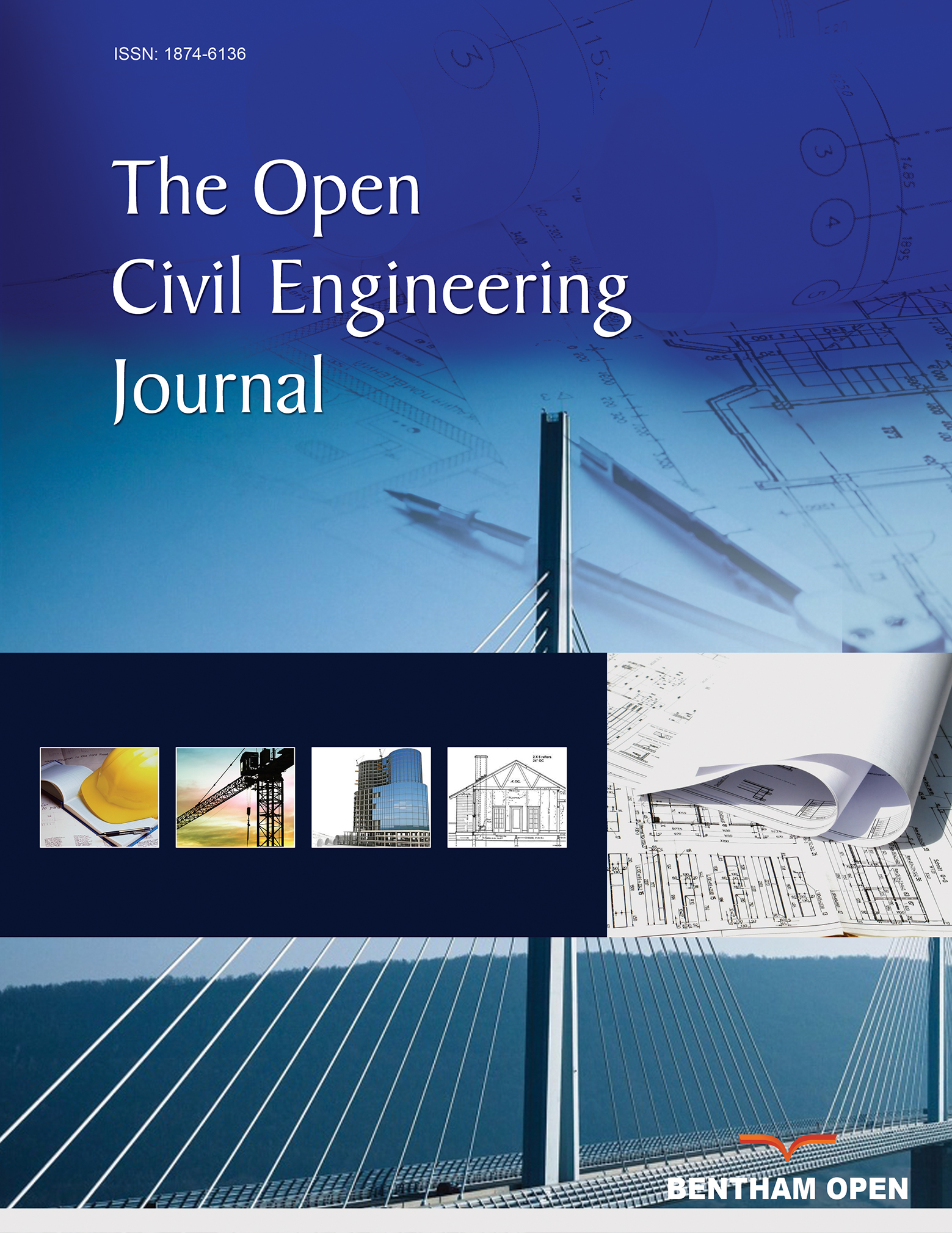All published articles of this journal are available on ScienceDirect.
Artificial Neural Network Models for Predicting the Early Cracking Risk in Massive Monolithic Foundation Slabs
Abstract
Background
The problem of early cracking at the construction stage caused by the heat release of concrete and uneven heating is relevant for thick foundation slabs. The aim of this work is to develop models of artificial neural networks for predicting the level of temperature stresses that arise during the construction of massive monolithic foundation slabs.
Methods
Two models of artificial neural networks (ANN) for predicting the risk of early cracking during the construction of foundation slabs are proposed in this article. The first model predicts the maximum tensile stress level (the ratio of tensile stress to the current tensile strength) for the slab made from slow-hardening concrete. The second model does the same for quick-hardening concrete. The ANN models are implemented in the Neural Network Toolbox package of the MATLAB environment. The architecture of the models is a feed-forward neural network with two hidden layers. The input parameters of the models are the thickness of the foundation slab, the average ambient temperature, the heat transfer coefficient on the upper surface, the grade of concrete by compressive strength, and the thermophysical characteristics of the soil base. The models are trained on synthetic data obtained by 759,375 numerical experiments with varying input parameters.
Results
The theoretical model underlying the formation of the synthetic training dataset is preliminarily tested on experimental data. Trained models allow predicting the risk of early cracking for foundation slabs with a thickness of 0.7 to 3 m for all possible values of the heat transfer coefficient on the upper surface, ambient temperatures from +5 °C to +35 °C, concrete grade from B25 to B45 according to Russian standards. The developed ANNs are characterized by high forecasting quality in terms of the mean square error and the correlation coefficient between target and predicted values. The article also assesses the significance of input parameters using the trained neural networks.
Conclusion
An analysis using artificial intelligence showed that the most significant parameter influencing the risk of early cracking is the thickness of the foundation slab. Other significant parameters include ambient temperature, the heat transfer coefficient on the upper surface, and the concrete grade by compressive strength. The thermal properties of the soil base do not have a significant effect on the stress level.


